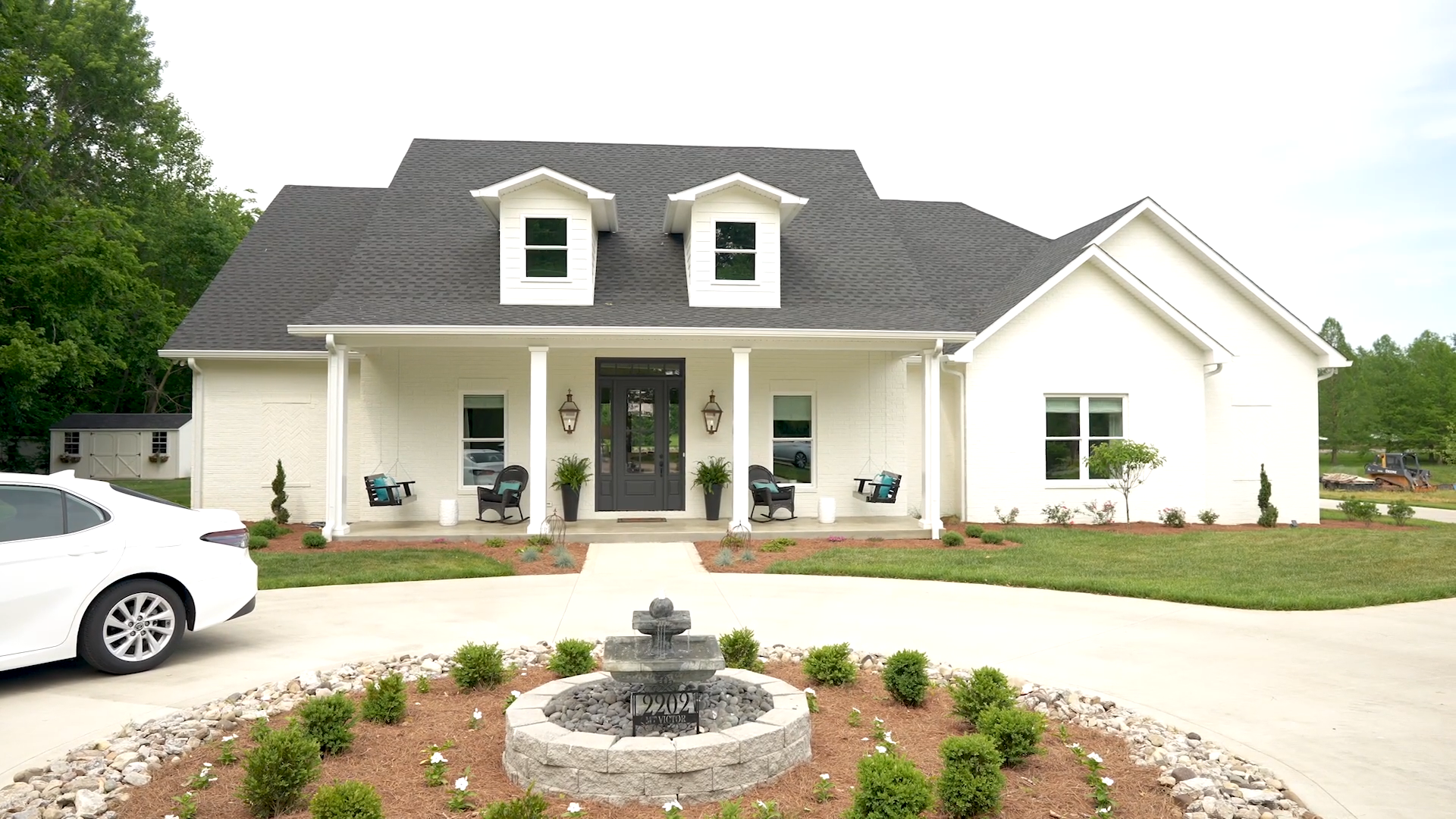
- Products
- Why Nudura
- Nudura Project Applications
- Training Academy
- Resources
- Company
What Every Real Estate Agent Should Know About Insulated Concrete Forms
As a real estate agent, your clients trust you to help them find the home of their dreams – and avoid buying a money pit. Houses built with Insulated Concrete Forms (ICFs) are permeating the market, so this is your opportunity to find shoppers their forever home and educate them on the reasons to consider ICF construction.
ICF houses may not look any different from the outside, but they have substantial advantages over homes with traditional wood-framing or cinder block walls. Keep reading for the top three benefits of Insulated Concrete Forms to keep in mind as you come across this innovative building material.
1. ICF Homes are Durable
Insulated Concrete Forms are a method of constructing exterior walls from the basement up to the roof. The ICF blocks are stay-in-place forms made of foam insulation that are stacked, steel-reinforced and then filled with concrete.
When finished, a home constructed with ICFs can stand up to tornadoes, hurricanes and wildfires better than anything else on the residential market. The finished ICF walls are so strong they can resist winds of up to 250 miles per hour (400 km/h). ICFs are often used to build safe rooms to further protect occupants during hazardous storms.
See how this Kentucky homeowner experienced the durability of an ICF house firsthand when it survived an unexpected tornado before they moved in!
ICF walls have a 4-hour fire rating, which is four times longer than wood framing, giving occupants critical time to escape in the event of a fire and increasing the likelihood that firefighters will be able to extinguish the flames before they damage the structural integrity of the home.
With Insulated Concrete Form construction, there is significantly less maintenance and repair work to worry about, so homeowners can feel confident in the long-term viability of their investment. And, given the home’s durability, owners may even qualify for a discount on house insurance.
2. Energy Efficiency in ICF Homes
Many homeowners are seeking more sustainable ways of living and ICFs are a great way to achieve that. With a monolithic concrete wall sandwiched between two layers of continuous insulation, a standard Nudura ICF wall has a much higher insulating value than wood framing with batt insulation. This energy efficiency reduces air leaks and heat transfer through the wall for more consistent interior temperatures. HVAC equipment will not turn on as frequently for heating and cooling, prolonging its life and saving homeowners money every month on their utility bills. In fact, Nudura ICF homes are nearly 60% more energy efficient than conventional wood-framed houses.
3. ICF Homes are Comfortable
With an air-tight building envelope from Insulated Concrete Forms, the homeowner will feel no drafts or cold spots coming through the walls. This even applies to ICF basements where there will not be any musty smells or temperature fluctuations.
The concrete and insulation also act as a sound barrier, blocking out external noises from storms and traffic. When ICFs are used for interior walls, occupants tout the impressive soundproofing between rooms. Even with a musician in the family, this ICF homeowner cannot hear the music from across the house and said she "wouldn't go back to a wood-frame home."
Buying and Selling an ICF House
With the longevity, low-maintenance, sustainability and comfort of an ICF house, realtors and buyers on the market for a new home should strongly consider Insulated Concrete Forms. The only downside to selling your clients an ICF home is that they’ll probably never want to move again.
CONTACT US
We’re committed to supporting homeowners and design professionals who are interested in or use our products. We’re always happy to help and provide more information.




